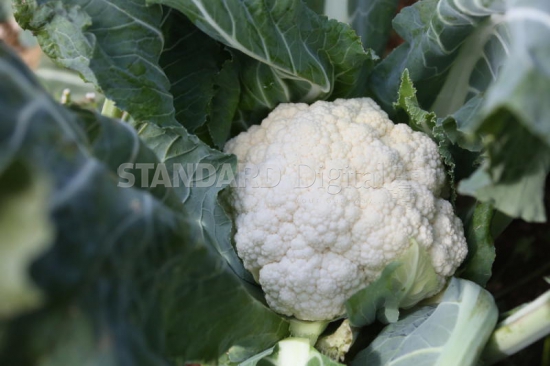×
The Standard e-Paper
Stay Informed, Even Offline

NYERI: When Solomon Maina lost his job in a well-paying firm in Nairobi seven years ago, he had no choice but to relocate his family to his rural home in Ihwa in Nyeri County.